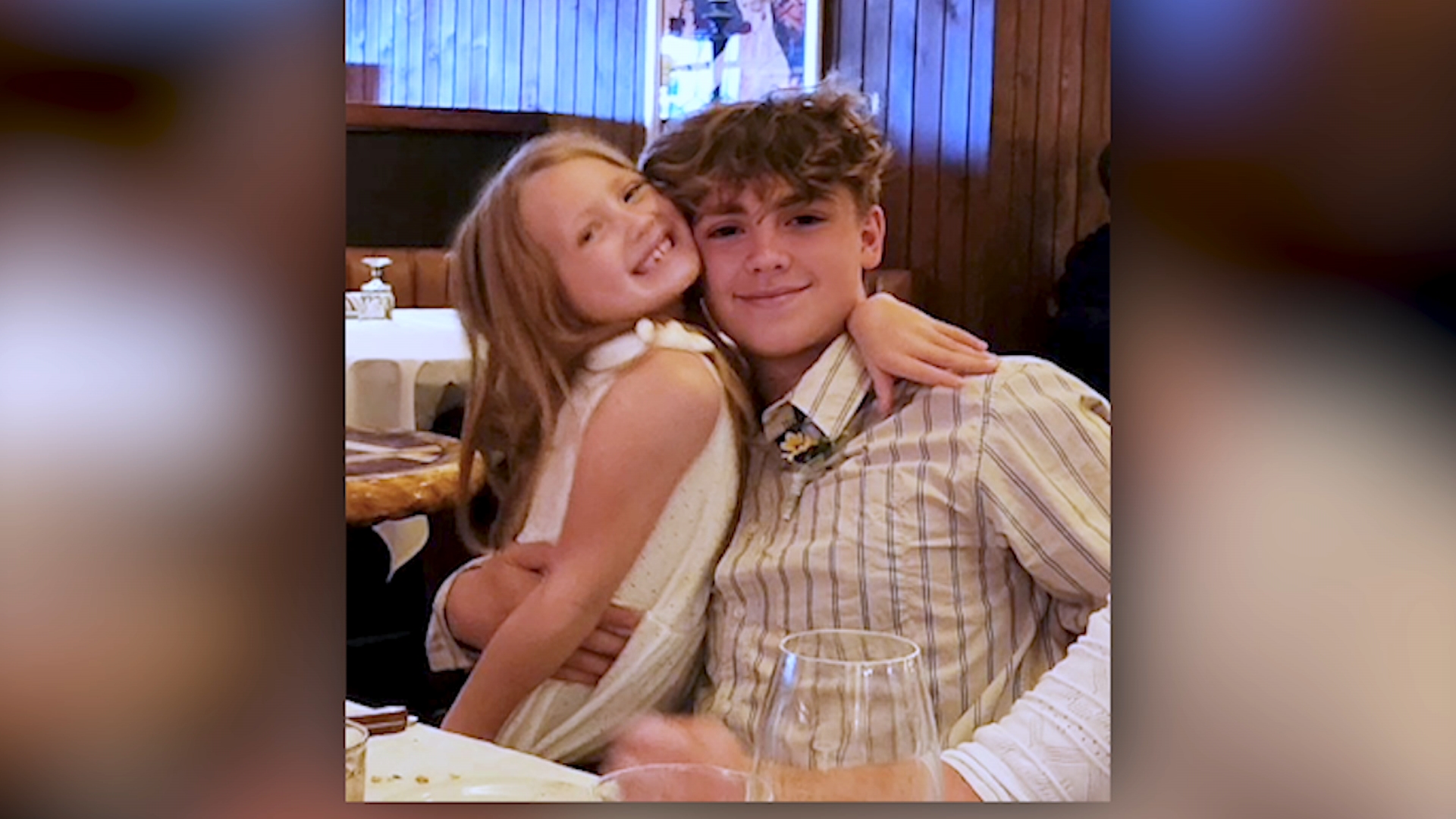For the fourth time in the past year, a resolution sponsored by a member of the Progressive Reform Coalition in the Chicago City Council related to Chicago Public Schools and charter school expansion has died an unceremonious death.
This time, it was a resolution sponsored by Alds. Nick Sposato (36), John Arena (45) and others calling on the Chicago Board of Education to suspend voting on any new charter schools until the full costs of charter expansion is known. The resolution also called for a better process that includes parents and communities in decision-making over where charters are located.
The Board of Education is expected to vote January 22 on 21 proposed new charters across the city.
The move followed previous attempts by Progressive Reform Coalition members to address what many see as increasingly systematic underfunding of neighborhood schools and a rush on the part of CPS to build new charter schools.
Last year, alderman aligned with the PRC introduced or brought to the Council floor three related measures, including a moratorium on new charters, a call for an elected school board and an TIF reform ordinance designed to free up funding for public neighborhood schools. All three were either buried in the Rules Committee or failed to pass a full Council vote.
Today’s measure was supported by a coalition of parents and neighborhood groups called Communities United for Quality Education (CUQE), which held a press conference before the Council meeting at City Hall.
Kerry Murphy, a parent with children in CPS schools who spoke at the press conference, told Ward Room that at its core, the issue is one of transparency around how charters are proposed and approved. She said she drew much of her opposition from time she spent serving on a Neighborhood Advisory Council, a committee set up to review charter school proposals in her Northwest Side community.
Local
“I didn't see anything that showed me those schools were any better than the neighborhood schools we have now,” she said. “Part of our job on the NAC was to go out and speak to our community and find out what they wanted. No one I spoke with, except the people [on the committee] who voted for the two charters, actually supported the idea of having a charter school in the neighborhood. I didn't have one person come to me and say “oh, good – a charter school.”
Murphy said the call for a halt the approval process is necessary, as not enough parents and community residents understand the financial impact charter schools can have.
“I think there has to be more transparency,” she said. “[CPS needs] to inform the community of what’s going to happen. So many people don't realize charters do take money from neighborhood public schools.”
Besides calling for a halt to the charter vote, the resolution also called for the City Council’s newly-created Independent Budget Office to conduct a cost analysis, and asks for an individual charter school to prove its creation will lead to better educational outcomes than neighborhood schools.
For Ald. Sposato, the issue is also one of basic fairness. He points to the fact that many charters are being considered at a time when the city is slashing funding to neighborhood public schools, even going so far as to being slated to communities where old neighborhood schools were recently closed.
“I keep saying we need to solidify community schools first,” Sposato told Ward Room. “When I was growing up, schools and parks were anchors of the communities. Down the road, once we solidify what we have, we can look at charters.”
When the resolution was brought for consideration at today’s Council meeting, it was immediately sent to the Rules Committee. Known as the place where “good legislation goes to die”, a move the Rules Committee generally means an ordinance or resolution is being buried for political purposes.
For his part, Ald. Sposato wasn’t surprised.
“They buried it today, which means nothing will happen,” he said. “They’re going to let it sit there an dies, and then it’ll be too late. I didn't expect anything to happen with this, and I certainly didn't expect 26 people to sign on [for the resolution to pass].”
Still, in at least one way, Sposato says he achieved at least one part of what and he others who supported the measure wanted.
“My personal goal was to let [CPS] know not everybody wants these charters like they think they do,” he said. “CPS asked us to let them know how we felt about charter expansion, and we did.”



